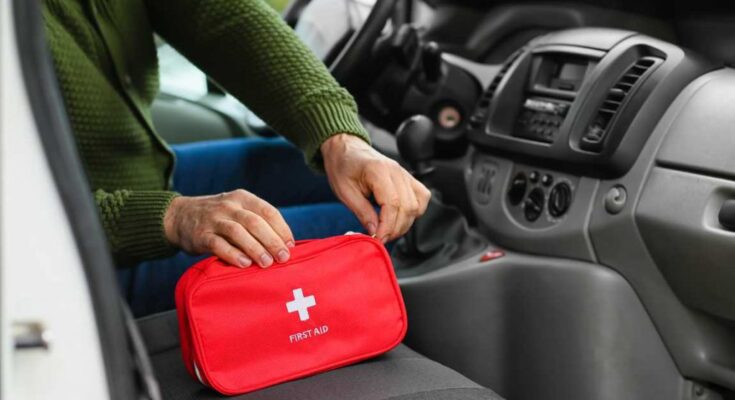Planning a road trip or a long-distance drive? Before you start your journey, taking time to inspect your vehicle can help prevent breakdowns, costly repairs, and even accidents. Many drivers overlook basic safety checks that could make the difference between a smooth trip and being stranded on the side of the road. Here’s your essential pre-travel car safety checklist.
1. Tire Pressure and Tread Depth
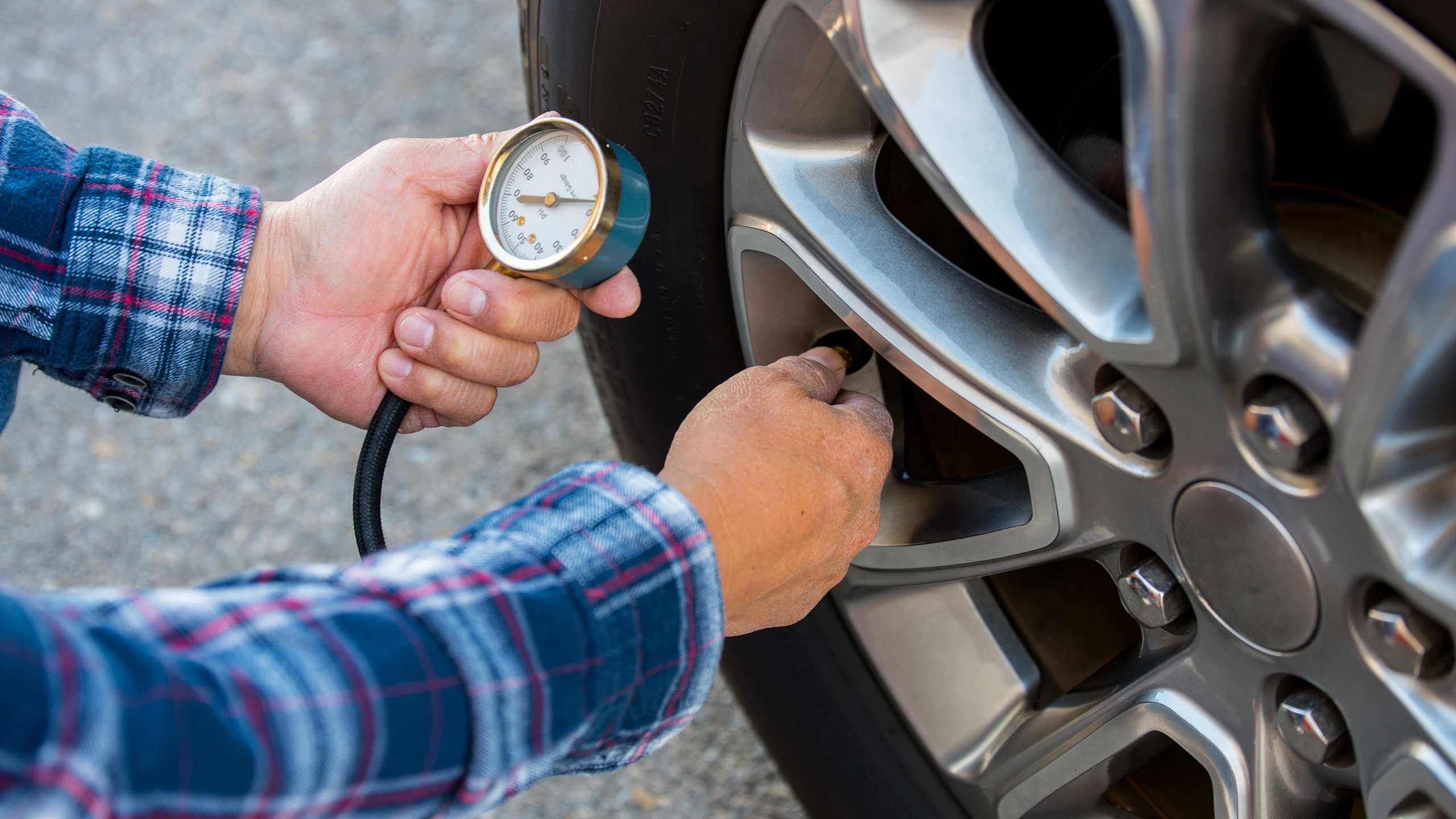
-
Why it matters: Under-inflated or worn-out tires increase the risk of blowouts and reduce fuel efficiency.
-
What to do: Use a tire pressure gauge to ensure each tire is inflated to the manufacturer’s recommended PSI. Don’t forget to check your spare. Also, inspect for visible damage and measure tread depth to ensure sufficient grip.
2. Brake System
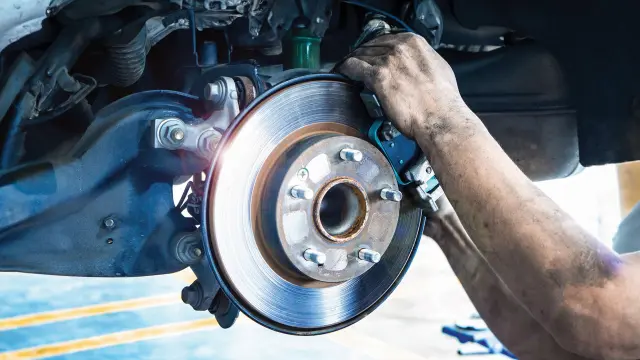
-
Why it matters: Your brakes are your most critical safety feature.
-
What to do: Listen for any squealing or grinding noises. Check the brake fluid level and ensure the brake pedal feels responsive, not spongy.
3. All Exterior and Interior Lights
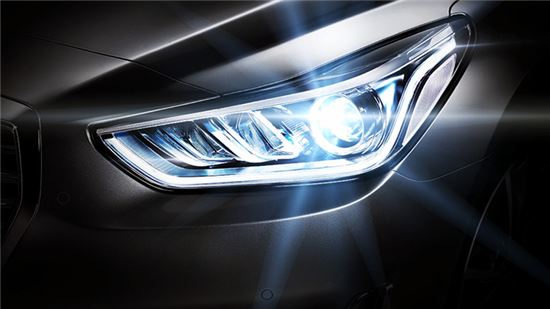
-
Why it matters: Poor lighting reduces your visibility and makes you less visible to others.
-
What to do: Test headlights (high and low beams), brake lights, turn signals, reverse lights, and hazard lights. Replace any faulty bulbs immediately.
4. Engine Oil and Other Fluids

-
Why it matters: Low or dirty fluids can damage your engine or lead to overheating.
-
What to do: Check and top off engine oil, coolant, brake fluid, transmission fluid, and windshield washer fluid. If the oil is dark and thick, consider an oil change before traveling.
5. Battery Condition

-
Why it matters: A dead battery can leave you stranded.
-
What to do: Inspect for corrosion on terminals and ensure the battery is securely mounted. If your battery is more than three years old, get it tested.
6. Windshield Wipers and Washer System

-
Why it matters: Clear visibility is vital, especially in bad weather.
-
What to do: Make sure wipers are in good condition and the washer system sprays properly. Replace old or damaged blades.
7. Belts and Hoses
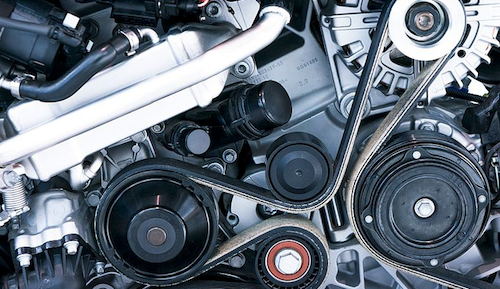
-
Why it matters: A broken belt or leaky hose can lead to serious engine trouble.
-
What to do: Look under the hood for signs of wear, fraying, or cracks. If you spot any damage, get a professional to inspect them.
8. Emergency Kit and Spare Tire
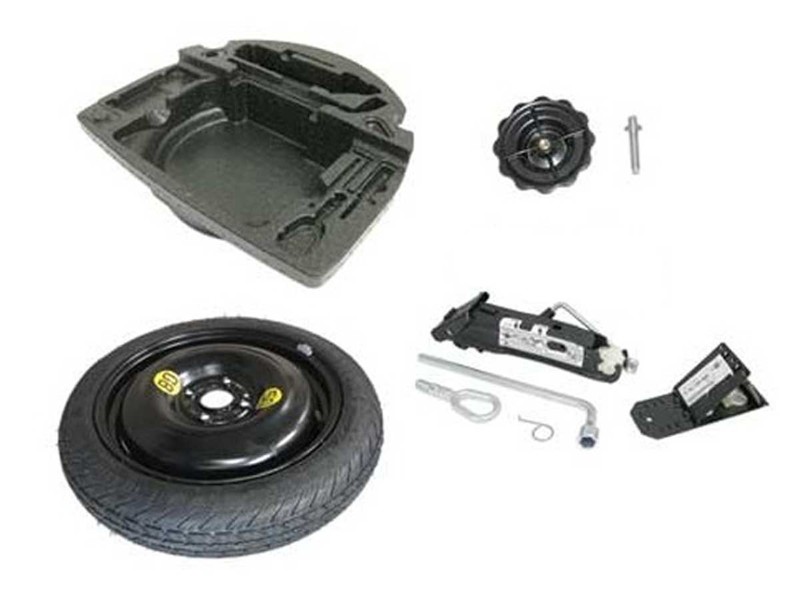
-
Why it matters: Being prepared can turn a potential disaster into a minor inconvenience.
-
What to do: Pack jumper cables, a flashlight, first-aid kit, tools, and reflective triangles. Check that your spare tire is inflated and that you have the jack and tools needed to change a tire.
9. Air Conditioning and Heating Systems
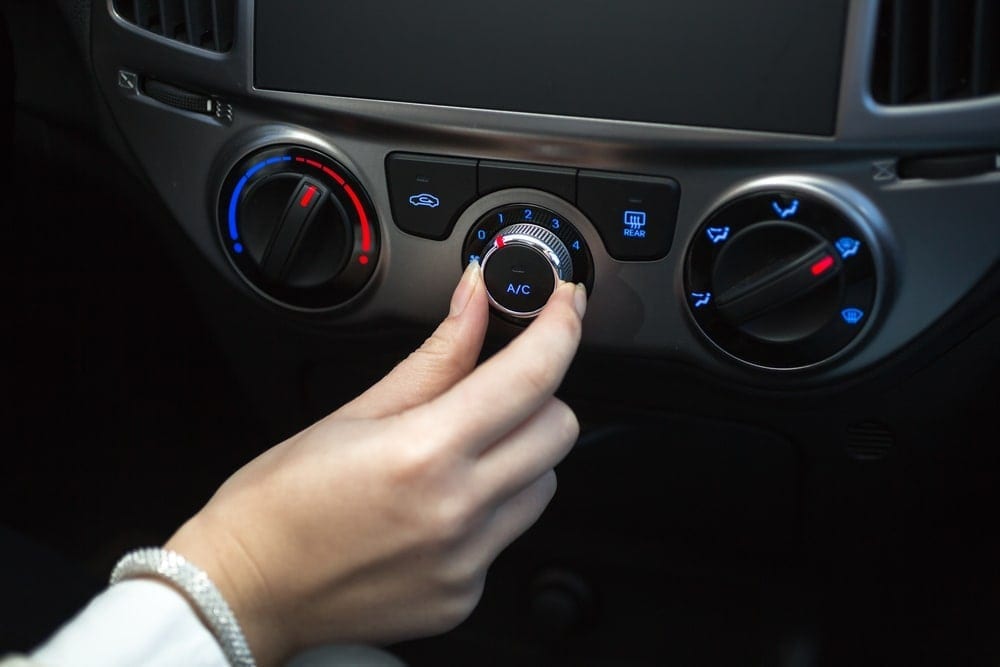
-
Why it matters: Comfort matters, especially on long drives.
-
What to do: Test both the heater and air conditioning to ensure they’re functioning properly.
10. Vehicle Documentation

-
Why it matters: If you’re pulled over or in an emergency, you’ll need your documents.
-
What to do: Ensure your license, insurance, vehicle registration, and roadside assistance contact info are current and accessible.
Final Thoughts
Taking just 30–60 minutes to check your car before a trip can save you time, money, and possibly your life. Regular maintenance and a simple pre-travel inspection ensure your vehicle is ready to go the distance—safely.
